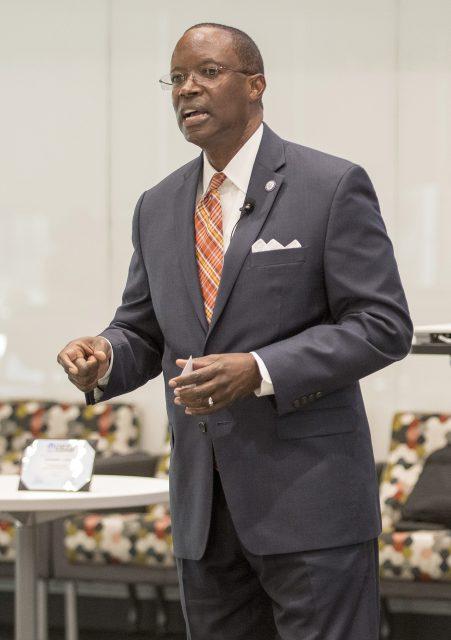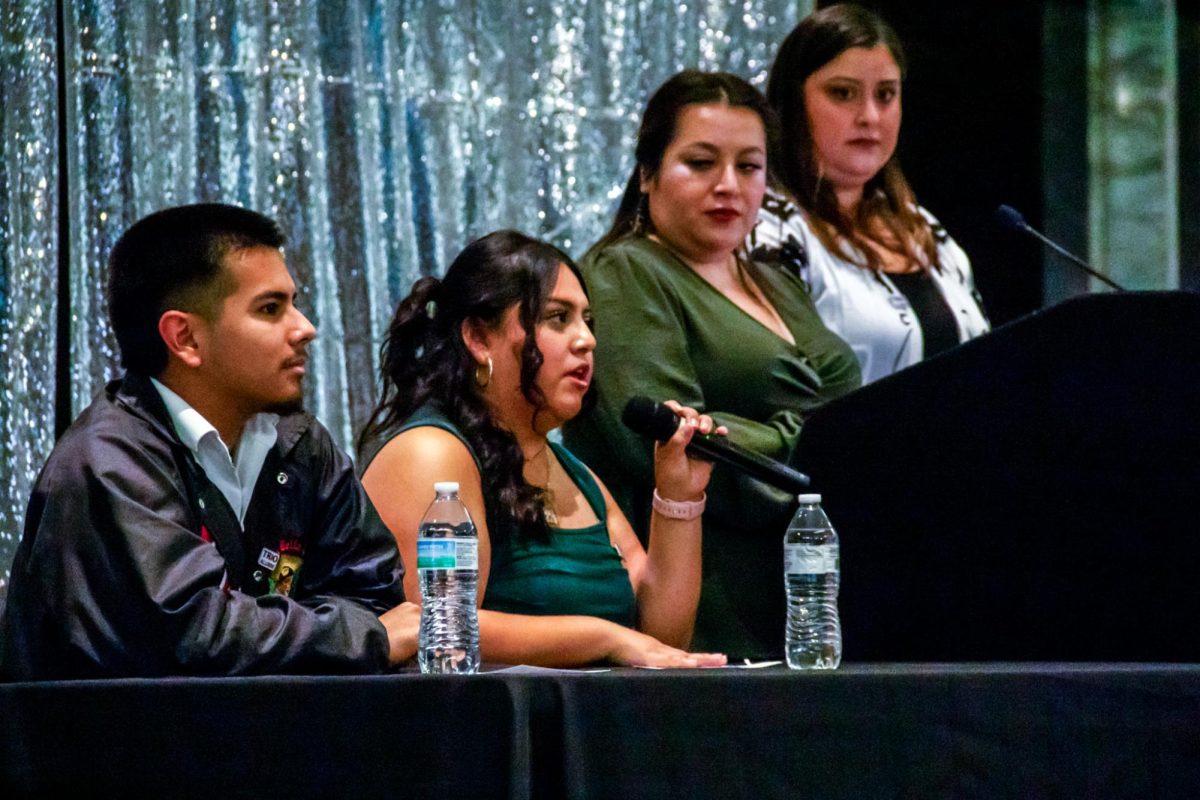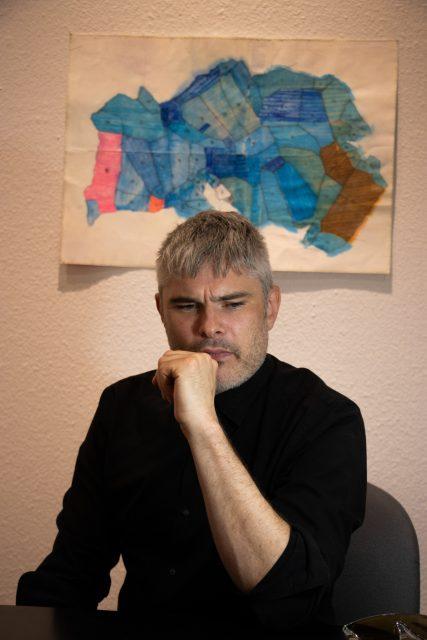By Kathryn Kelman/editor-in-chief
South and SE campuses will kick off the Year of the Dog with celebrations as the Lunar New Year begins Feb. 16.
China and other East Asian countries follow a lunisolar calendar, whose months coordinate to cycles of the moon phases and the solar year, which is why the holiday doesn’t fall on Jan. 1.
NE world language adjunct instructor Ping Ding grew up in China and said the Lunar New Year is the most important holiday in China and nobody goes to work for at least nine days.
“It’s a long holiday,” she said. “Everyone likes to go home to celebrate with the whole family, kind of like Thanksgiving in the U.S.”
China officially recognizes 56 different ethnic groups, and they celebrate and decorate differently depending on their region and ethnic customs, Ding said.
“For some areas, they really like red lanterns hanging,” she said. “The red color is the Chinese favorite color, especially for the holiday. Everywhere is red, decorations and maybe even some costumes.”
Red is believed to scare away spirits of bad fortune, and family elders typically give children red envelopes with money inside during the holiday, Ding said.
A dragon dance is another tradition, and South Campus’ event to observe the holiday will feature the Chin Woo Lion and Dragon Dance team to carry out that tradition.
South’s celebration will be 12:30-2 p.m. Feb. 15 in the SSTU dining hall. The event will also feature a calligraphy demonstration by South health services administrative assistant Victoria Peterson.
“It’s not writing calligraphy. I do write, but I transfer somebody’s English name to their Chinese name,” said Peterson, who did the same thing at a South event last fall.
Peterson, who is from Taiwan, compared the Lunar New Year celebration to Christmas in the West.
“We decorate differently, like with calligraphy, like writing Chinese good words on pieces of paper, and you tape it on your door,” she said. “You like to show that you’re lucky and of good fortune.”
Though every culture brings in the Lunar New Year differently, everyone has a big family gathering for dinner the night before the new year starts, Peterson said. Ding said that dinner is the most important meal of the year for families.
Unlike in the U.S. where certain traditional holiday foods like turkey are common, traditional foods for this celebration can vary. For Ding and her family from Northern China, eating a dumpling is customary and they also serve fish.
“The fish means your family is really rich,” Ding said.
Later around midnight, families set off fireworks if they aren’t banned. If fireworks are banned, like in Hong Kong, a fireworks demonstration is orchestrated by the government, she said.
“It’s a tradition to drive the ghost out,” Ding said. The ghost is of a monster named “Nian,” and the myth of villagers scaring him off led to the fireworks tradition.
SE will also celebrate the Lunar New Year 11:30 a.m.-1 p.m. Feb. 16 in the ESCT Hub. Students, faculty and staff are invited to observe and learn more about the Lunar New Year by stopping by to grab a fortune cookie and play games. Traditional food and other activities will also be available.
For more information, contact SE student development associate Frankie Ward at frankie.ward@tccd.edu or 817-515-3124.
For more information about South’s event, contact South student development associate Amanda Sims at amanda.sims@tccd.edu or 817-515-4154.







































